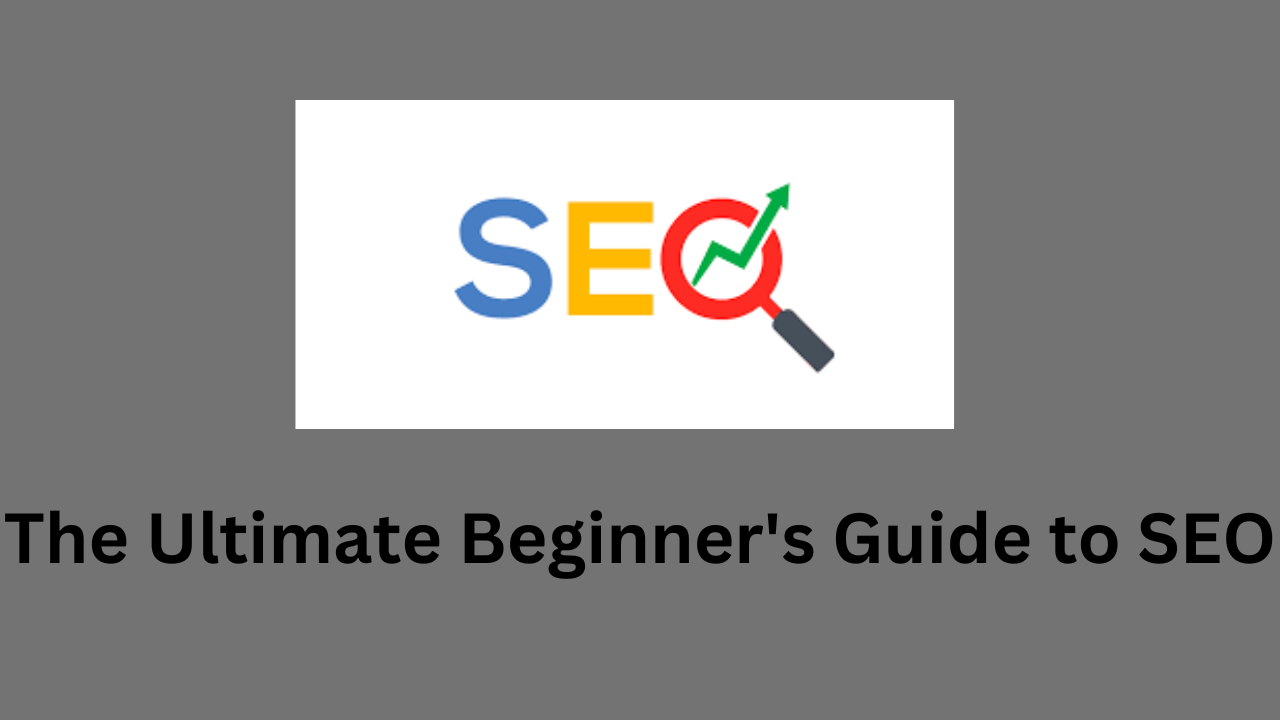Understanding the basics of SEO can help you make sure your website has good visibility on major search engines. This guide will provide a comprehensive overview of SEO, from fundamentals to advanced techniques. We’ll cover topics like keyword research and optimization, link building, content optimization, and more.
By the end of this guide, you’ll have a complete understanding of how to improve your website’s search engine ranking and gain more organic traffic.
Keyword Research & Optimization:
The first step to optimizing your website for search engines is conducting keyword research. This involves finding out which words or phrases people are likely to use when searching for products or services related to your business. Once you’ve identified relevant keywords, you can then start optimizing your pages for those terms. This could include adding keywords in titles, headings, and copy throughout the page. It is important to ensure that the content you create is high-quality and engaging, as this will help attract searchers and keep them on your site longer.
Link Building:
Link building is an important part of SEO, as it helps search engines understand the relevance and authority of your website. By building links from other relevant websites to yours, you can improve your ranking in the SERPs (search engine result pages). It’s best to focus on quality link sources that are related to your industry or niche. You can achieve this by engaging with influencers, writing guest posts on other sites, or creating content that makes people want to share it naturally.
Content Optimization:
Creating useful and informative content is essential for search engine optimization. Content should be written in a way that engages readers and encourages them to stay on your site longer. Additionally, optimizing content for keywords will help ensure that your website appears when users search for specific terms. By optimizing content with the right keywords, you can make sure it appears prominently in SERPs and attract more visitors to your site.
On-Page Optimization:
On-page optimization includes a number of important tasks like making sure your website is mobile friendly, improving page load speed, and ensuring that titles and Meta tags are optimized. It also involves creating internal links between related pages on your website so users can easily find what they’re looking for. Finally, optimizing content for readability helps improve user experience as well as SEO ranking.
Analytics & Reporting:
Analytics is an important part of understanding how effective your SEO efforts have been. You can use web analytics tools to track your website’s performance and measure how well it is ranking for certain keywords. This data will help you identify areas of improvement and create better strategies for future campaigns. Additionally, reporting allows you to show the results of your efforts in a format that is easy for clients or stakeholders to understand.
FAQs:
Q: What is SEO?
A: SEO stands for “search engine optimization” and it involves optimizing websites to help them rank higher in search engine results pages (SERPs). This involves a variety of tactics, such as keyword research and optimization, link building, content optimization, and on-page optimization.
Q: How do I optimize my website for SEO?
A: Optimizing your website for SEO requires a few different steps. This includes conducting keyword research to identify relevant search terms, implementing on-page optimization tasks like improving page load speed or making sure titles and Meta tags are optimized, creating high-quality content that engages readers and encourages them to stay on the site longer, and engaging in link building with other relevant sites.
Conclusion:
SEO is a complex process, but with this guide you should now have an understanding of the fundamentals. By conducting keyword research and optimizing content, link building, and on-page elements, you can improve your website’s visibility in the SERPs. Additionally, analytics and reporting helps make sure that your efforts are effective and measure results. With these tips in mind, you will be well on your way to mastering SEO.
SEO is a complex process, but understanding the basics can go a long way in helping you improve search engine visibility and organic traffic. By researching keywords, creating useful content, building links, optimizing pages, and tracking analytics, you can make sure your website ranks higher in SERPs and continues to attract more visitors. With these tips in mind, you’ll be well on your way to becoming an SEO pro!

